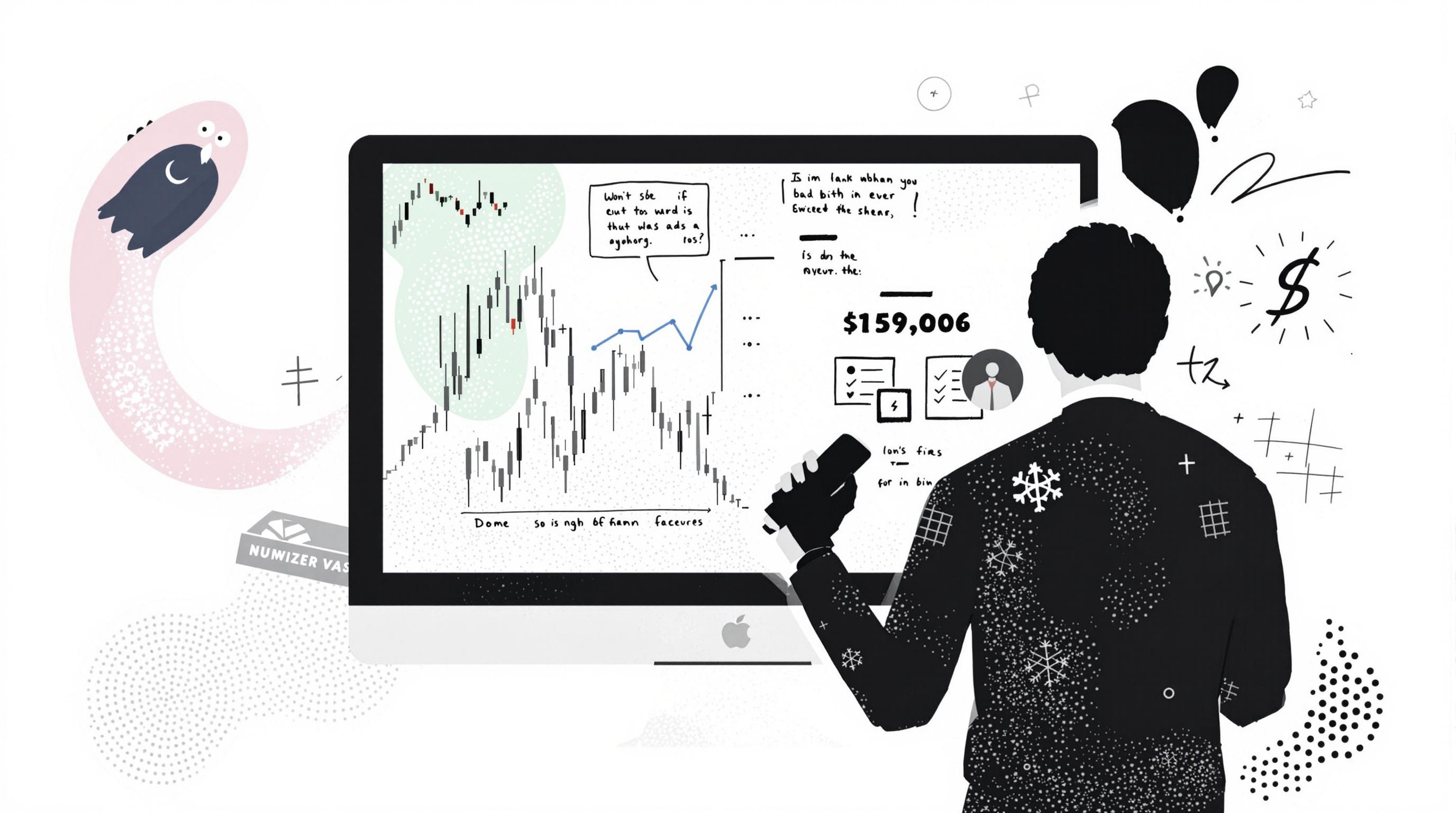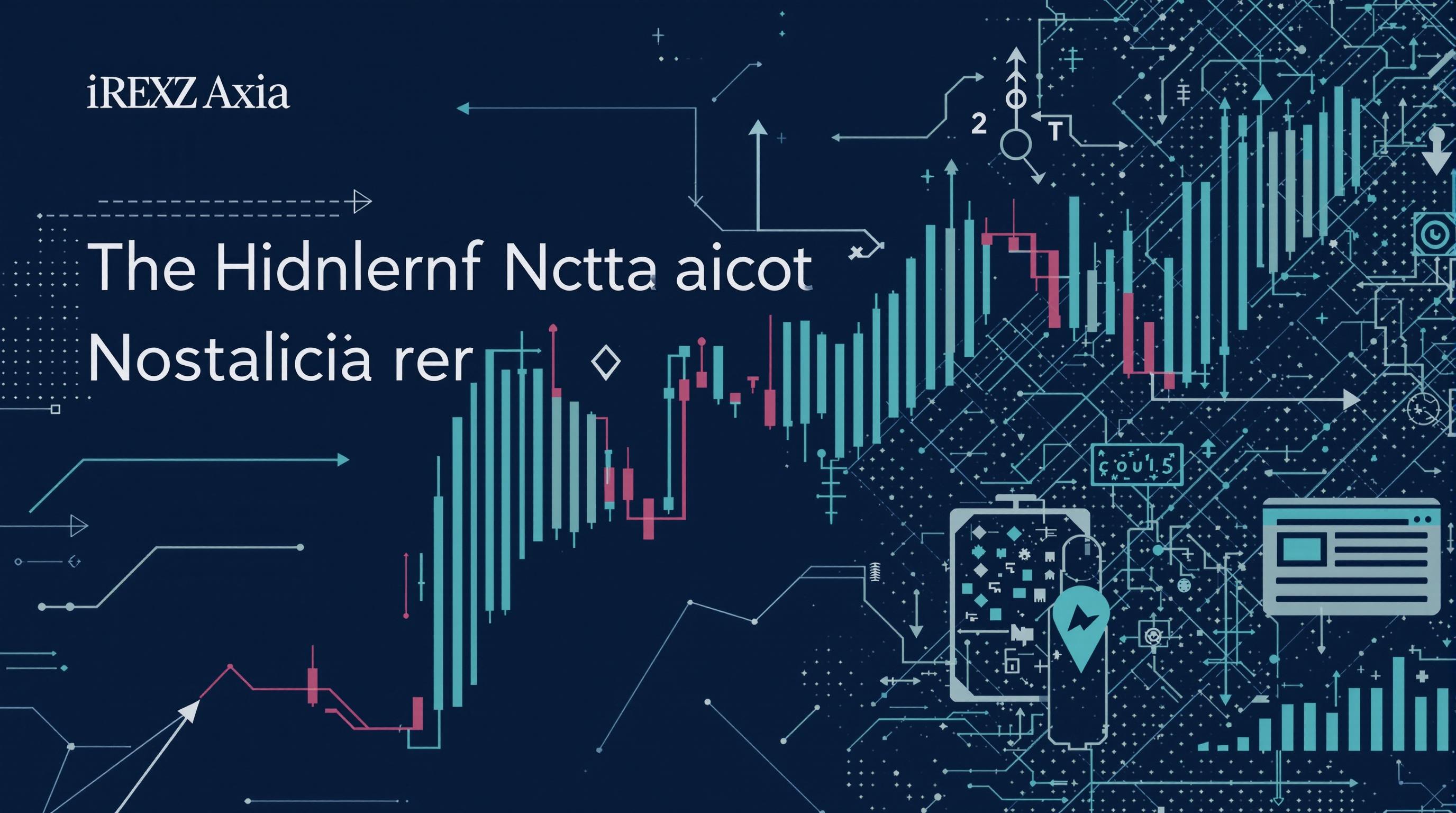Related Articles
- The Influence of Urban Legends: How Folklore Shapes Investor Behavior in Today's Financial Landscape
- The Role of Personal Narratives: How Your Story Shapes Investment Choices and Risk Tolerance
- The Ripple Effect: How Social Media Influencers Steer Investor Sentiment in Unexpected Ways
- Beneath the Surface: Investigating the Silent Influence of Underground Economies on Legitimate Market Trends
- Navigating the Bizarre: The Influence of Esotericism on Modern Investment Strategies and Market Speculation
- Rethinking Risk: The Surprising Link Between Urban Architecture and Financial Instability in Emerging Markets
Investing in Shadows: The Psychological Influence of Superstitions on Market Trends and Decision-Making
Investing in Shadows: The Psychological Influence of Superstitions on Market Trends and Decision-Making
Investing in the financial markets is often seen as a rational endeavor driven by data and analysis; however, the impact of superstitions can skew decision-making in surprising ways. This article explores how beliefs that may seem irrational can substantially influence market trends and investor psychology, ultimately shaping the financial landscape.
The Unseen Forces of Superstition
Superstition might conjure images of black cats and broken mirrors, but when it comes to stock markets, many investors harbor beliefs that might seem just as quirky but are just as powerful. For instance, a study published in the Journal of Behavioral Finance found that regional superstitions significantly impacted stock market strategies in countries like China, where the avoidance of the number eight (“八” - which sounds like the word for “prosperity”) can lead to market underperformance during specific trading periods (Wang, 2014). This begs the question: how many investors unknowingly allow superstitions to dictate their decision-making?
The Power of the Mind
Humor often steals the show when we talk about irrationality, but the truth is, our brains are wired to seek patterns. That’s why seeing a drop in stock prices might feel like the universe has turned its back on us. A little trip down the rabbit hole of cognitive biases—like overconfidence and loss aversion—reveals how easily we can fall prey to the shadows of superstition. According to a Yale study, investors tend to make worse decisions when they are driven by emotional impulses rather than cold hard statistics, highlighting the drama that unfolds whenever market jitters enter the scene (Benartzi & Thaler, 2007).
Examples from the Real World
Consider the 1987 stock market crash—a day that is now referred to as Black Monday. The market saw an unprecedented decline, largely driven by panic rather than any substantive economic downturn. Rumors spread like wildfire, feeding into collective anxiety, which left investors clutching their lucky rabbits’ feet and invoking their most trusted charms (Ritholtz, 2008). Those who traded under the spell of such fears may have made decisions influenced by their beliefs rather than a rational assessment of their portfolio's fundamentals.
Anecdotes from the Trading Floor
Speaking of experiences, let’s take a diversion into a story many investors can relate to: imagine John, a fresh-faced trader eager to make his mark. One morning, he read an article about how Mondays tend to be unlucky in the market (thanks to the phenomenon known as “Monday Effect”). Convincing himself that it was better to stay idle, he refrained from making any trades. lo and behold, that Monday turned out to be a bullish day! On another occasion, his superstition cost him potential gains. John's tale represents a common thread we all experience—often, superstitions lead us astray.
Intersection of Faith and Finance
In some cultures, superstitions play a crucial role in shaping investment strategies. For instance, in Indian markets, many investors avoid trading on Diwali, believing it brings bad luck to engage in financial transactions during this time. On the contrary, they flock to buy gold, which symbolizes wealth and prosperity. Such practices highlight the belief that the financial game is interconnected with spiritual elements, showcasing an intricate dance between belief and market behavior.
The Psychology of Avoidance
Superstitions also play a huge role in risk management. Those who believe in ‘bad luck’ often pull out of potentially lucrative investments out of fear of loss. A study by the CFA Institute indicated that investors who consider themselves lucky tend to hold riskier assets, while those who feel unlucky tend to sell them off in panic mode (Lusardi, 2012). This psychology of avoidance could easily turn a profitable investment strategy into a loss-ridden folly.
Numerology Meets Wall Street
Let’s inject a bit of levity here. Who knew that numbers could carry so much weight? For example, take the infamous March 25, 2020—investors flooded the market en masse because the date had just enough positive vibes associated with the number five, considered a good omen in some cultures, and they just knew “it was their lucky day.” But it wasn’t until later they realized they were part of a colossal rally driven more by superstition than statistical projections! Sometimes, it feels like the stock market is a hit TV show where the script of rationale takes a back seat to good ol’ magical thinking.
The Flip Side: Superstitions and Analytical Thinking
On the other hand, there exist instances where superstitions have positively influenced decision-making. In China, Feng Shui principles often guide corporate positioning and investment strategies, embodying the idea that a home in the right spot can yield financial prosperity. Companies hiring Feng Shui consultants to arrange their offices and even design their corporate spaces reflect how investors believe that harmonizing their physical environments can invite success into their financial endeavors.
Emotional Investing
Let’s face it—the financial world can be as chilly as a winter’s day, but the fire of emotional investing often warms the hearts of traders. In moments of uncertainty, invoking a bit of superstition can act as emotional comfort food. Do we not rely on talismans, lucky numbers, or ritualistic behaviors to bolster our confidence when jumping into the sometimes-thrown field of market volatility? An intriguing report demonstrated that the combined use of superstitions and emotional resilience can indeed alleviate the psychological burden during market downturns (Miller, 2020).
Seasonal Patterns and Market Sentiment
Seasonal patterns can follow in the trail of belief systems as well. According to Eric J. Bailey’s research, the "January Effect" dictates that stocks rise in January more than any other month, influenced by the idea that wealth and prosperity are more likely to flow in the New Year (Bailey, 2017). Is it coincidence or collective belief casting its shadow? Understanding the delicate interplay of psychology and superstitions can sharpen investors' perceptions of potential pitfalls and profit opportunities.
Overcoming the Shadow of Doubt
Being aware of our aversions can help build a more stable investment strategy. It requires a delicate balance of encouraging self-awareness while simultaneously fostering analytical thought. Building an investment strategy fortified by strong data and statistical confidence can help mitigate the transitory nature of superstitions that often cloud judgment. Developing emotional intelligence becomes quintessential in navigating through these ‘shadows’—an investor must not only delve into market trends but also understand how their own psychological biases shape their behaviors. It can feel like a balancing act on a high wire, but a well-crafted strategy executed with awareness can yield powerful results.
Case Studies from the Field
To further illustrate, let’s look at the tech boom and subsequent crash of the late 1990s. Many investors believed in the luck of the tech sector, as if merely holding shares of any burgeoning rival would grant them financial success. In a speculative craze, the market swelled on hope rather than value. When the bubble burst, investors left scratching their heads, chanting “If only I had listened!”
The Last Word on Superstitions in Investing
In conclusion, while the rational approach to investing is undeniably pivotal, superstitions will always cast their long shadows over the markets. A healthy recognition of how these shadowy aspects shape decision-making behavior can empower investors to carve their paths consciously and strategically. Benny Franklin may have said, “An investment in knowledge pays the best interest,” but wouldn’t it also be prudent to invest in understanding how the peculiar interactions between beliefs and financial performance can navigate us through the stellar ups and tumultuous downs? So heed the whispers of the shadows, but let light and data illuminate your investment choices!
Remember, next time you approach the stock market, whether you bring your lucky charm, avoid a number, or your workplace Feng Shui is spot on, you should remain grounded with facts. After all, in a world of chaos, some combination of logic and a little superstitious magic might just be the winning formula.




